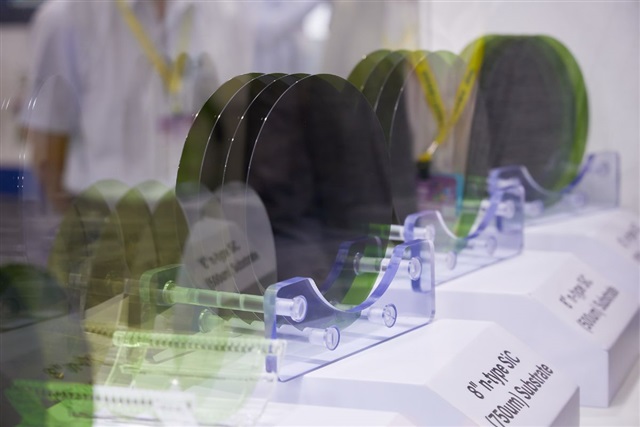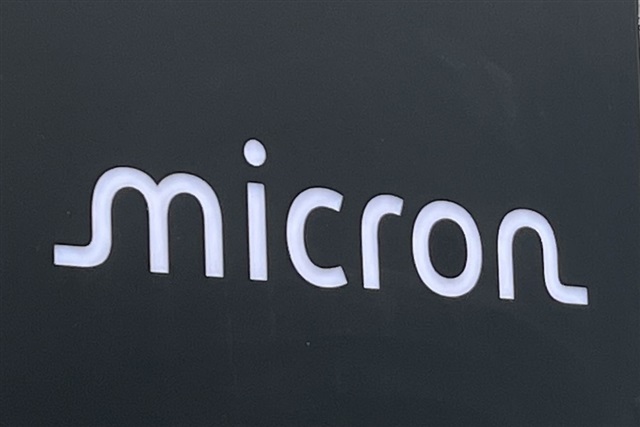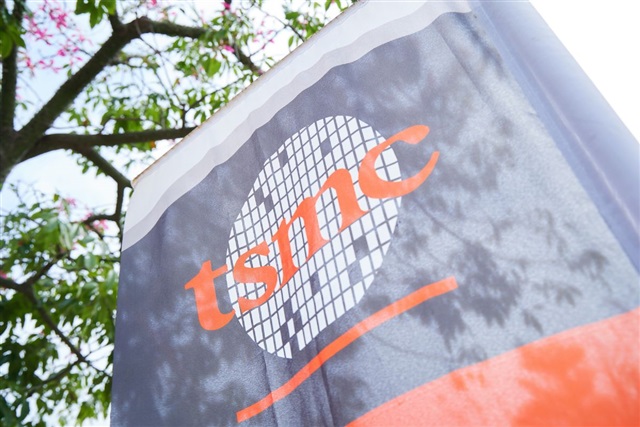The SDK is a full quantum computer in simulation that can interface with Intel’s quantum hardware, including the Horse Ridge II control chip and Intel’s quantum spin qubit chip when it becomes available this year.
The kit has been created to allow developers to programme quantum algorithms in simulation, and it features an intuitive programming interface written in C++ using an industry-standard low-level virtual machine (LLVM) compiler toolchain. Consequently, Intel’s SDK offers a seamless interface with C/C++ and Python applications, making it both versatile and customisable.
“The Intel Quantum SDK helps programmers get ready for future large-scale commercial quantum computers. It will not only help developers learn how to create quantum algorithms and applications in simulation, but it will also advance the industry by creating a community of developers that will accelerate the development of applications, so they are ready when Intel’s quantum hardware becomes available,” said Anne Matsuura, director of Quantum Applications & Architecture, Intel Labs.
The Intel Quantum SDK 1.0: Version 1.0 of the SDK includes an intuitive programming interface based on C++, providing a programming language that’s familiar to classical computing developers, enabling collaboration between them and quantum developers.
The kit also features a quantum runtime environment that’s been optimised for executing hybrid quantum-classical algorithms. Developers have the choice of two target backends for simulating qubits to either represent a higher number of generic qubits or Intel hardware.
The first backend is a high-performance open-source generic qubit simulator, Intel Quantum Simulator (IQS). IQS has a backend capable of 32 qubits on a single node and more than 40 qubits on multiple nodes. The second is a target backend that simulates Intel quantum dot qubit hardware and enables compact model simulation of Intel silicon spin qubits. Intel’s qubits leverage the company’s expertise in silicon transistor manufacturing to build a large-scale quantum computer.
With the SDK, users will be able to develop small workloads to determine what functionalities are needed from the quantum computer’s system architecture to run algorithms efficiently and accurately on qubits. In addition, Intel is using the SDK internally to co-design quantum hardware and software in tandem, accelerating system development.
The SDK is a customisable and expandable platform providing greater flexibility when developing quantum applications. It also provides for users to compare compiler files, a standard feature in classical computing development, to discern how well an algorithm is optimized in the compiler. It allows users to see the source code and obtain lower levels of abstraction, gaining insight into how a system stores data.
Intel has also extended the industry-standard LLVM with quantum extensions and developed a quantum runtime environment that is modified for quantum computing, and the IQS provides a state-vector simulation of a universal quantum computer.
The compiler extensions allow developers to integrate results from quantum algorithms into their C++ project, opening the door to the feedback loops needed for hybrid quantum-classical algorithms like the quantum approximate optimization algorithm (QAOA) and quantum variational eigen-solver (VQE).
Finally, Intel DevCloud users will be able to build executables capable of simulating applications and algorithms with up to 32 qubits on a single computational node and more than 40 on multiple nodes.
Intel has said that it is committed to advancing the quantum computing field and is working to build a community of developers. As a starting point for this effort, Intel has provided grants to five universities to develop quantum course curricula to share with additional universities and proliferate its use across academia. These include: the University of Pennsylvania, Technische Hochschule Deggendorf, Keio University, The Ohio State University and Pennsylvania State University.
Sources:new electronics
Abonnieren fuer regelmaessige Marktupdates.
Bleiben Sie auf dem neuesten Stand der Branchentrends, indem Sie unseren Newsletter abonnieren. Unser Newsletter ist Ihr Zugang zu erstklassiger Marktexpertise.

The US has initiated a Section 301 investigation into China's mature semiconductor processes and third-generation silicon carbide (SiC) semiconductors. Supply chain operators state that the increa

In 2025, we expect 9.5% growth in the global semiconductor market, driven by robust demand for data centre services, including AI. However, growth in other, more mature segments is expected to be stag

Taiwanese chip manufacturer TSMC has announced a $100 billion investment in the United States, aiming to build five additional semiconductor facilities.The plan was revealed by TSMC CEO C.C. Wei along

Prices of mature process memory, long hit by oversupply due to fast capacity expansion at Chinese makers, are expected to rebound, thanks to the Chinese government's consumption stimulus programs.

With the ongoing development of new-generation processors, the introduction of PCIe Gen5 specifications into high-end PC applications is set to commence in 2025. According to Micron Technology, Gen4 p

The global market is watching how TSMC, pressured by the US, might assist Intel's foundry operations, while Samsung Electronics and Rapidus, also facing challenges, may similarly require TSMC'